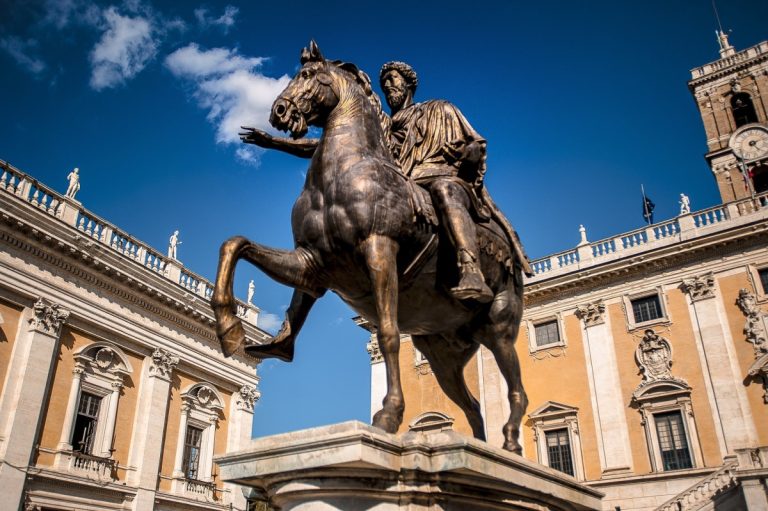While this exchange was designed to trigger some inner-high five with the audience, I found MJ’s shift from quasi-stoic hopelessness to giddy hopefulness disappointing – here’s yet another story about how we need hope to defeat the baddies/The Empire/Sauron/Thanos/the aliens/the comet/cancer.
Boring hope: When I go to the dentist, I hope they know what they’re doing. I have a feeling or expectation that some desire will be fulfilled (e.g. that they won’t strap me to the seat and extract all my teeth for fun). Crucially, this is a plausible expectation: because of the norms and regulations around dentistry, I good reasons to support this everyday use of the term hope. It’s a philosophically uninteresting use of the term, hence the epithet boring, and why I won’t bring it up again in this post.
I favour hopelessness. Things are not actually going to be ok. For one thing, you will die, and before then, it’s highly likely that at least one if not quite a few terrible things will happen to you. The same applies to your loved ones, and to the planet more generally. In reality, people do not celebrate and live happily ever after once they destroy the Death Star/Sauron/Thanos – they go home full of grief for the loved ones they lost and then eventually they get sick and die. Which is to say, even when “good prevails”, things are not ok.
But, at the risk of this anti-hope rant turning into a self-help group hug, I’ll say there’s also liberation to be found in hopelessness. Embracing it turns having faith that everything will be out ok into an incredibly boring activity, but it also makes despair boring, or rather, irrelevant. Once outside a hope-based mindset, there’s not much to do but focus on the few things that you actually can do – which is in fact fairly close to the kind of “hope” psychologists study: simply trying to be rational and coming up with goals and plausible plans to achieve them.
In Marvel’s latest ‘Spider-Man: No Way Home’, Peter Parker’s girlfriend MJ has a simple philosophy: “If you expect disappointment, then you can never really be disappointed.”
Hollywood hope: To have faith in something outside yourself and outside the current moment – goodness/a god/the human spirit/karma/future generations – to make things right.
Hollywood hope is a close cousin of faith which, along with charity, constitute the three theological virtues of Christianity, much of it boiling down to Paul’s writing on the virtue of hoping for salvation. It is also the kind of hope that infuses our modern stories with the same message on repeat: if we succumb to hopelessness, the abstract forces of good cannot prevail.
She repeats this at various interludes in the movie, except as the plot gears up to the inevitable showdown with the villains, Peter Parker says to her:
“Hope”: This could also be called simply trying to be rational, as it refers to a future oriented perspective based on i) having goals, ii) having pathways in mind through which to achieve them, and iii) an understanding of whether you have the capacity to walk through those pathways.
It’s disappointing because, even though psychologists tell us that having hope is linked with lower depression and anxiety, longer survival among cancer patients and better physical health and pain tolerance – despite all that, I am against “hope”.
To be fair, I’m not sure MJ’s shift in attitude constitutes an affirmation of Hollywood hope (it’s difficult to discuss this without too many spoilers). Nonetheless, I would re-phrase her philosophy to: “Disappointment is a by-product of not accepting that things aren’t really going to be ok, so let’s focus on the good reasons we nonetheless have to occasionally kick some ass.” It’s not particularly catchy, but one should not hope for such things in a blogpost against hope.
And there is a reason for my use of scare quotes. What is being measured in these studies isn’t the same as Hollywood hope at all, nor does it even align with everyday usage of the word. So far as I can tell, there are at least three ways to characterise hope. I will call these boring hope, Hollywood hope, and “hope”.
“Here goes nothing. What’s that thing you always say? ‘Expect disappointment and–‘”, but MJ, in a somewhat ham-fisted moment of character development, interrupts him: “No, no, no. No. We’re gonna kick some ass!”
This idea that our salvation from whatever metaphorical hellfire – be it climate catastrophe, political oppression, pandemics, and so on – requires hope is disempowering because it requires us to surrender to things outside ourselves to sort it out (like gods and governments and future generations). It is particularly insidious because in practice surrendering typically means allowing those with the most power to decide what happens, and those with the most power tend to favour the status quo. It is in that sense a very close to blind faith; an opium that allows us to put unwarranted trust in the idea that things will be ok in the end.
Written by Hazem Zohny.
As it so happens, what psychologists are measuring in their studies is much closer to the simply trying to being rational variety of “hope” (much of them building on Snyder’s Hope Theory). It’s a little irritating that they keep calling that hope without the scare quotes, because the far more pervasive notion captured by Hollywood hope is in many ways the opposite – in fact, it’s a terribly disempowering idea.
That’s what gets us those bodily and mental benefits of “hope”, and it is the opposite to the sedating effects of Hollywood hope, i.e. the general daze that means we can continue to tolerate the status quo because we believe in the end all will be well (though of course we never fully believe that, hence this thing called existential dread).


